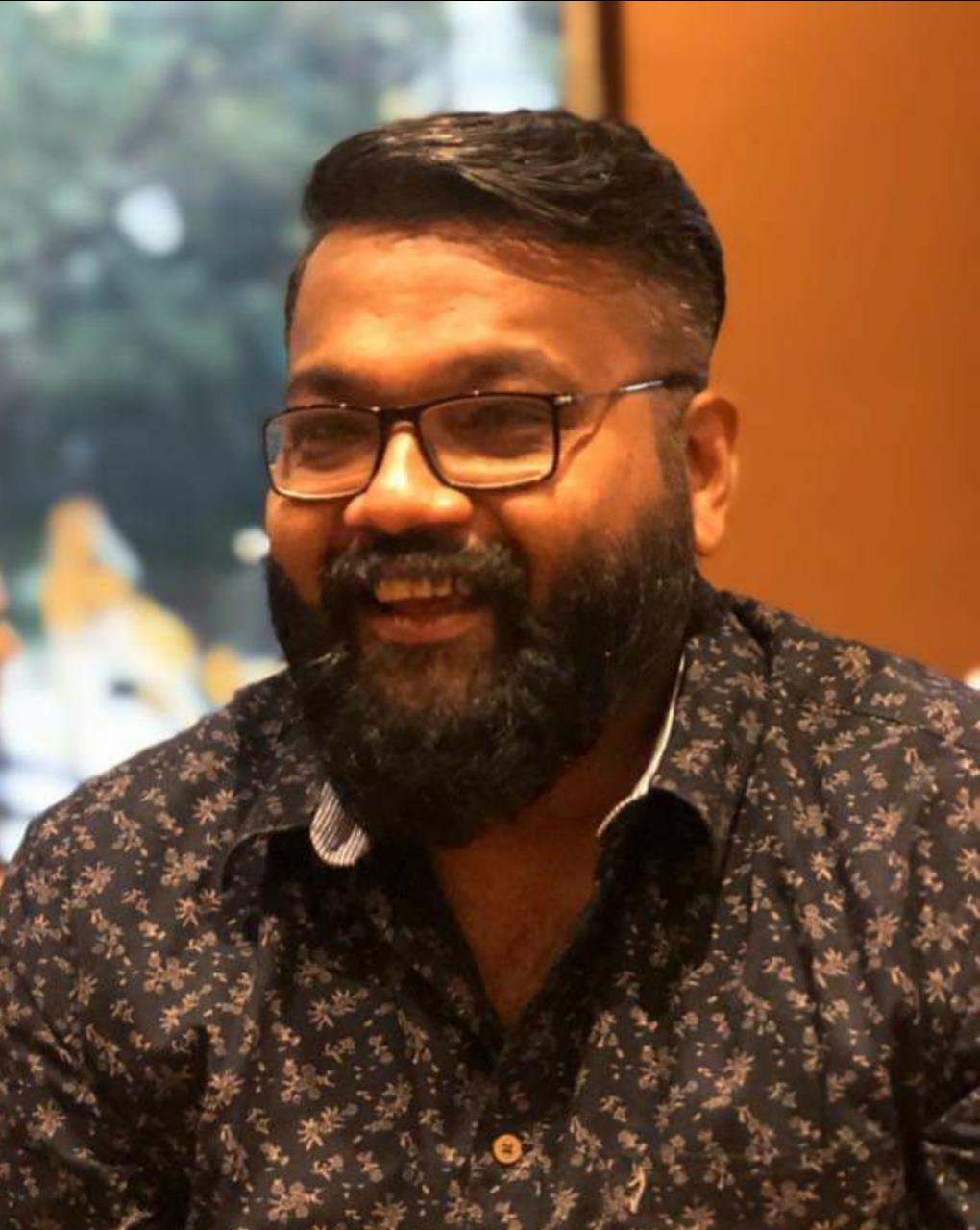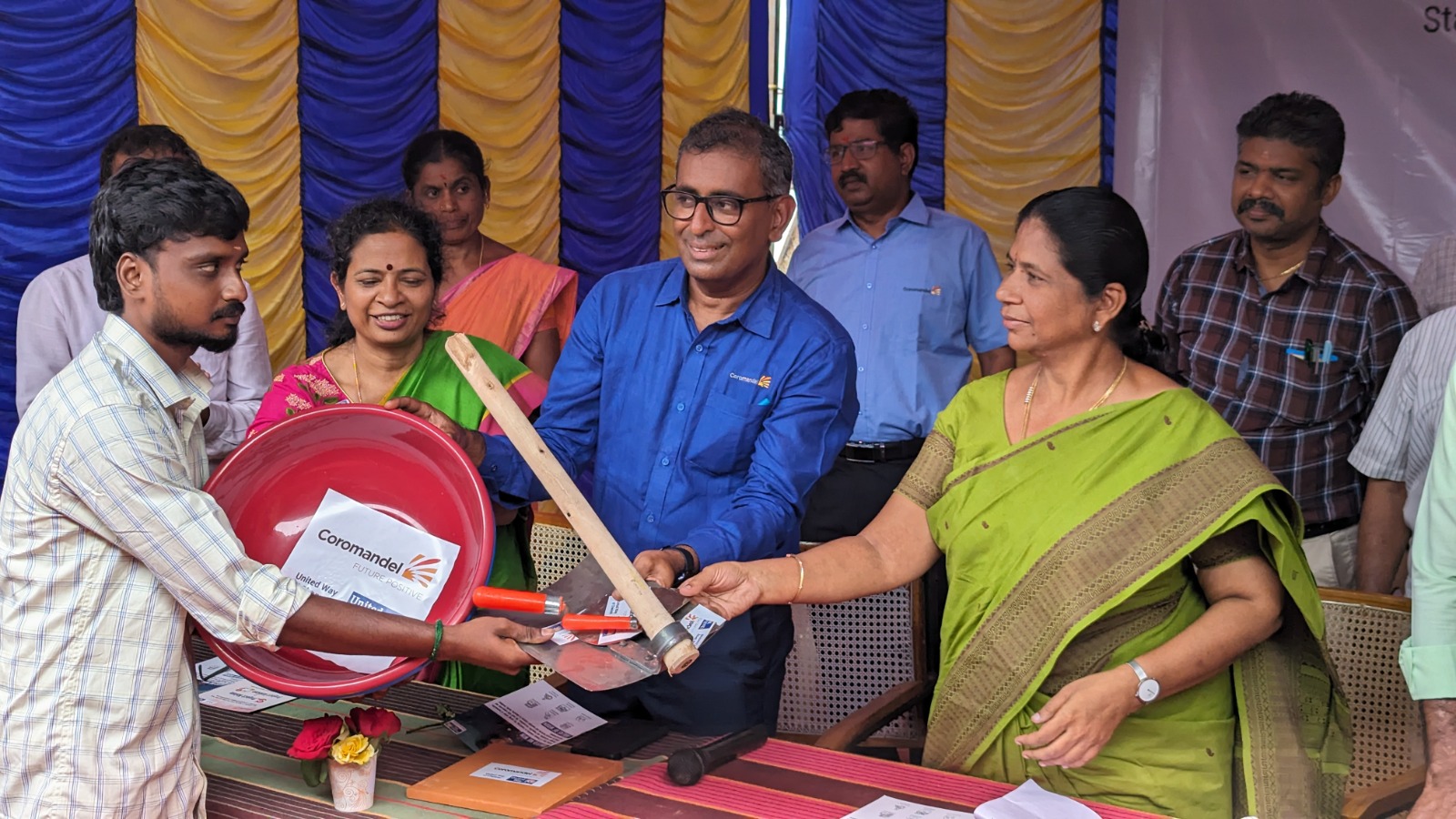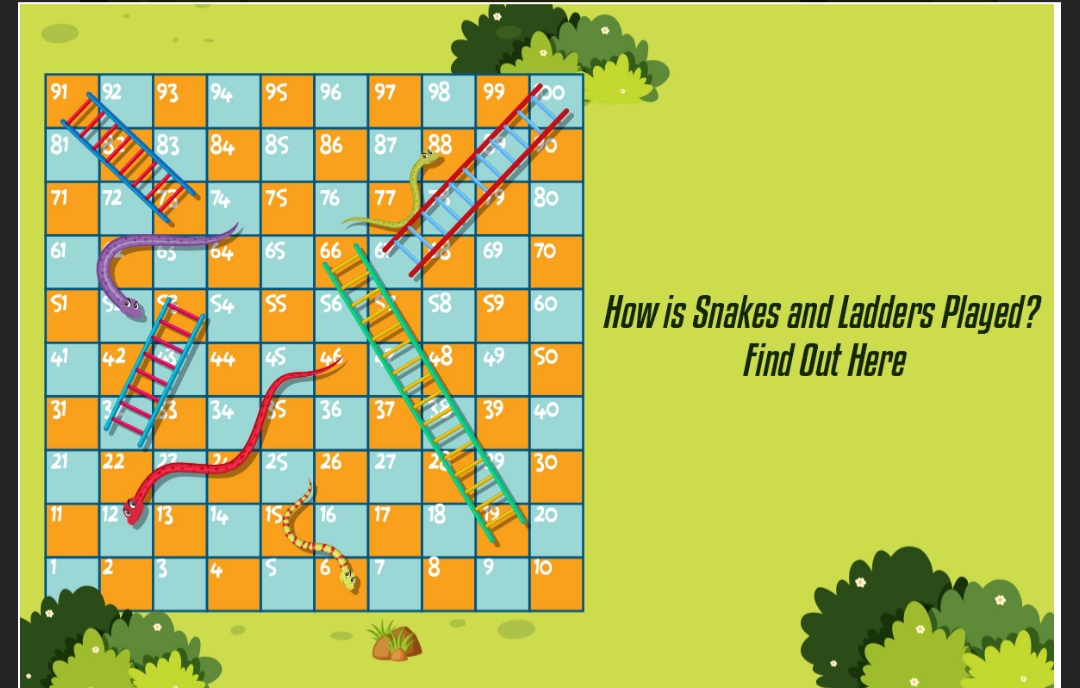Trending Now
- 830 voters names go missing in Kavundampalayam constituency
- If BJP comes to power we shall consider bringing back electoral bonds: Nirmala Sitaraman
- Monitoring at check posts between Kerala and TN intensified as bird flu gets virulent in Kerala
India News
Mental Health during COVID-19 Crisis
![]() March 31, 2020
March 31, 2020
Health, as defined by the World Health Organisation (WHO), is a state of complete physical, mental and social well-being, not merely the absence of disease or infirmity. This then implies that mental health is beyond the absence of mental disorders or disabilities. There are many factors that determine the state of one’s mental health, including: social, economic, psychological and biological factors within one’s environment.
Additionally, mental illnesses and challenges can be triggered or exacerbated by life-threatening occurrences and disasters, including health epidemics and pandemics like the current novel coronavirus disease 2019 (COVID-19) pandemic.
Studies have shown the connection between mental illness and other health conditions, and this demands the appreciation of both, given that mental disorders increase the risk of both communicable and non-communicable diseases, and the vice versa is true – that communicable and non-communicable diseases increase the risk of mental disorder.
Rightly so, the COVID-19 pandemic currently affecting countries around the globe is generating high levels of stress (physical, mental and emotional) , anxiety, insomnia, fear, uncertainty and unprovoked anger among populations globally. It is, therefore, critical to make deliberate efforts and actions in addressing mental health challenges posed by the pandemic to populations and individuals, especially healthcare providers, caregivers, police officers, and corporation staff members
As part of response and support strategies for countries in the face of the COVID-19 pandemic, the WHO on March 12 published the ‘Mental Health and Psychosocial Considerations During COVID-19 Outbreak’ to act as guidelines on mental health for the psychological wellbeing of everyone during the outbreak.
The guidelines discourage attaching labels to people with the disease, as this is most likely to create stigma. WHO is discouraging the use of terms such as “COVID-19 cases/families”, “victims” or the “diseased” to refer to people with the disease. It rather recommends the use of “people who have COVID-19”, “people who are being treated for COVID-19”, “and people who are recovering from COVID-19”. This also explain the name of the disease ‘COVID-19’ and not ‘China Virus’ or ’Wuhan Virus’, so the disease is not attached to any ethnicity or nationality.
Other measures recommended by WHO is to limit watching, reading or listening to news bound to cause anxiety or distress. People are being encouraged to seek information mainly for purposes of preparation on how to protect oneself and loved ones. This is cognisant of the hunger and the desire the population has to know more about the disease, mostly when the first case is reported in a given country. This puts people at risk of stress and panic. Wrong information as seen on social media platforms is fuelling stress and panic and should be avoided like the pandemic itself, for the sake of our mental health.
The stress and panic were witnessed here in India when the first case was announced and people proceeded to supermarkets to buy household goods in bulk, while others started sending false information on social media. All these reactions being evidence that despite knowing the presence of the disease in other countries, we were not prepared mentally to have the disease in our country. China is facing a sharp spike in divorce rate in their Post-COVID-19 phase. Recent suicides in Kerala, Karnataka and murder of a family member committed by a COVID-19 isolated person in Tamil Nadu depicts the gravity of the situation.
As more cases continue to be recorded in the country, it is of supreme importance to follow the advice being fronted by the Ministry of Health and Family Welfare on how to stay safe. For instance, washing hands with soap and water or use of sanitisers that meet the standard (have more than 60 per cent alcohol content), keeping hands away from the eyes, nose and mouth, covering cough and sneeze under a bent elbow and maintaining social distancing
The government needs to ensure that people who are not able to fend for themselves without going to work every day are comfortable while self-isolating. The Ministry of Health and Family Welfare should also seek to protect the mental health of all Indians, including the healthcare workers, by publishing local mental health guidelines and establishing hotlines through which mental health specialists will be available for counselling during this Covid-19 outbreak.
Just like the rest of the world, Indians are anxious about the future occurrences around COVID-19. We do not know what will happen, but in the midst of all these, we should protect our health and support each other as much as possible at all levels to ensure we come out of it healthy in all aspects, including mentally.
(The author is a Disaster Management Consultant)





















